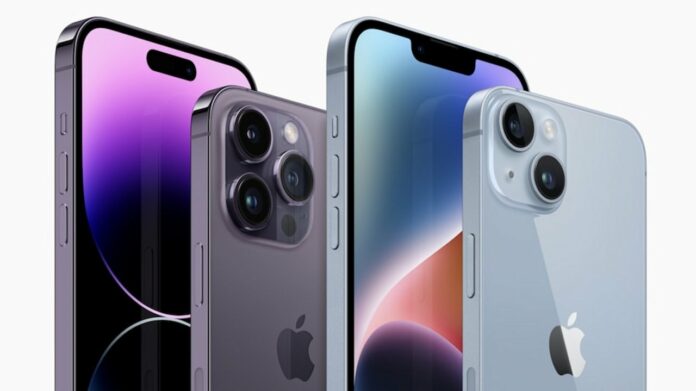The tech giant Apple has been hit with an antitrust lawsuit by the United States Department of Justice. The lawsuit is a result of the company’s business practices, specifically focusing on the App Store and its wider technology ecosystem. According to the lawsuit, Apple’s “Walled Garden” creates a monopolistic environment in the smartphone industry, which leads users to make decisions that benefit Apple.
The Allegations
The lawsuit alleges that Apple has engaged in monopolistic practices that stifle competition and innovation. Critics argue that Apple’s “walled garden” approach—wherein it controls every aspect of the iOS ecosystem, from hardware to software—has LED to restrictive app store terms and excessively high fees. The Department of Justice (DOJ) claims that Apple’s actions have resulted in higher prices for consumers, excessive costs for developers, and hindered technological progress.
”Apple exercises its monopoly power to extract more money from consumers, developers, content creators, artists, publishers, small businesses, and merchants, among others,” the DOJ said.
Specific Accusations
The DOJ’s 88-page lawsuit outlines several specific unfair tactics used by Apple to maintain its market dominance. These include:
- Blocking “Super Apps” that could facilitate easier switching between smartphone platforms.
- Effectively banning cloud streaming services for content like games.
- Degrading the experience for cross-platform Messaging apps, such as between Android and iOS operating systems.
- Restricting compatibility of non-Apple smartwatches with iPhones and making it difficult for Apple Watch users to switch to another OS.
- Preventing third-party developers from accessing the iPhone’s tap-to-pay feature.
“For years, Apple responded to competitive threats by imposing a series of ‘Whac-A-Mole’ contractual rules and restrictions that have allowed Apple to extract higher prices from consumers, impose higher fees on developers and creators, and to throttle competitive alternatives from rival technologies,” DOJ Antitrust Division Chief Jonathan Kanter said in a statement.
Apple’s Response
Apple has responded to allegations of wrongdoing by stating that it is “wrong on facts.” The company claims that it innovates every day to create technology that people love, which includes designing products that work seamlessly together, protect people’s privacy and security, and provide a magical experience for users.
Apple believes that this lawsuit would threaten who they are as a company and the principles that set their products apart in competitive markets. If successful, it could hinder their ability to create the kind of technology that people expect from Apple. Furthermore, it would set a dangerous precedent, giving the government too much power in designing people’s technology. Apple spokesperson Fred Sainz stated that they will vigorously defend against the lawsuit, as they believe it is wrong on both the facts and the law.
‘The Verge’ reports that Apple also held a background briefing with several news outlets on Thursday where it said that the company plans to dismiss the case. According to the publication, Apple also disagrees with the market that is being defined in the case, suggesting it should consider the global market and not just specifically the US.
Implications
While the case has been filed against Apple, it does pose broader implications for the rest of the market, about the future of competition and innovation in the tech industry. Moreover, adding further fuel to the fire are complaints from companies like Epic Games and Spotify, which have always been against Apple’s App store policies regarding the high fee charge on in-app purchases along with the inability to use any third-party payment methods.
The EU recently made Apple change its stance in the region by forcing it to comply with the DMA. Due to the threat the brand faced in case of non-compliance, it announced that developers in the region will have new options for app distribution and payment processing. In other words, it had to make the exact changes in the region which the DOJ is now asking Apple to make in the US as well. For instance, DMA made Apple open up the NFC chip on iPhones to third-party developers, allowing them to offer tap-to-pay functionalities without relying on Apple Pay.
The outcome of this lawsuit could set a precedent for how tech giants operate and are regulated. Further, it could potentially lead to more consumer choice, lower prices, and a more dynamic marketplace.


